Save Your Wallet and the Planet: 14 Reasons Why Sustainable Eating is Cheaper Than You Think

According to Harvard, sustainable diets are those diets with low environmental impacts that contribute to food and nutrition security and to healthy life for present and future generations. At first glance, sustainable eating seems to benefit only the environment, but might be costly to consumers. However, there are many ways in which sustainable eating can actually be beneficial both in terms of health but also in terms of finances to consumers who chose to eat sustainably. Here are 14 reasons why sustainable eating is actually cost-effective.
Extended Shelf Life of Whole Foods
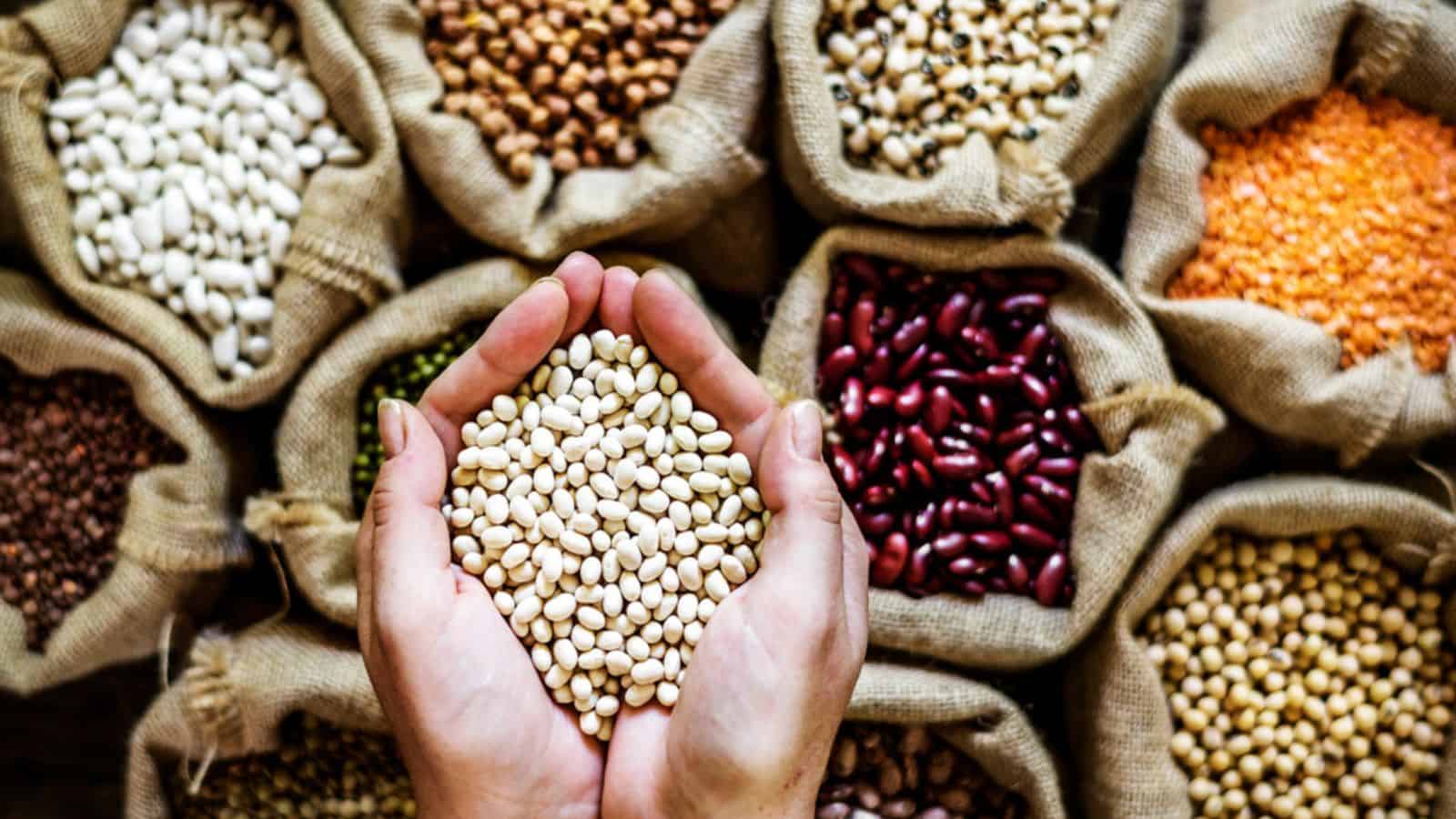
Whole foods like grains, beans, and nuts often have a longer shelf life than processed and packaged foods. Richard Smith-Bernal, the founder of Juice Smith says, “By incorporating more of these staples into your diet, you can reduce the frequency of grocery trips and decrease the chances of food spoilage. This saves money and minimizes the need for constant replenishment of perishable items.”
Bulk Buying
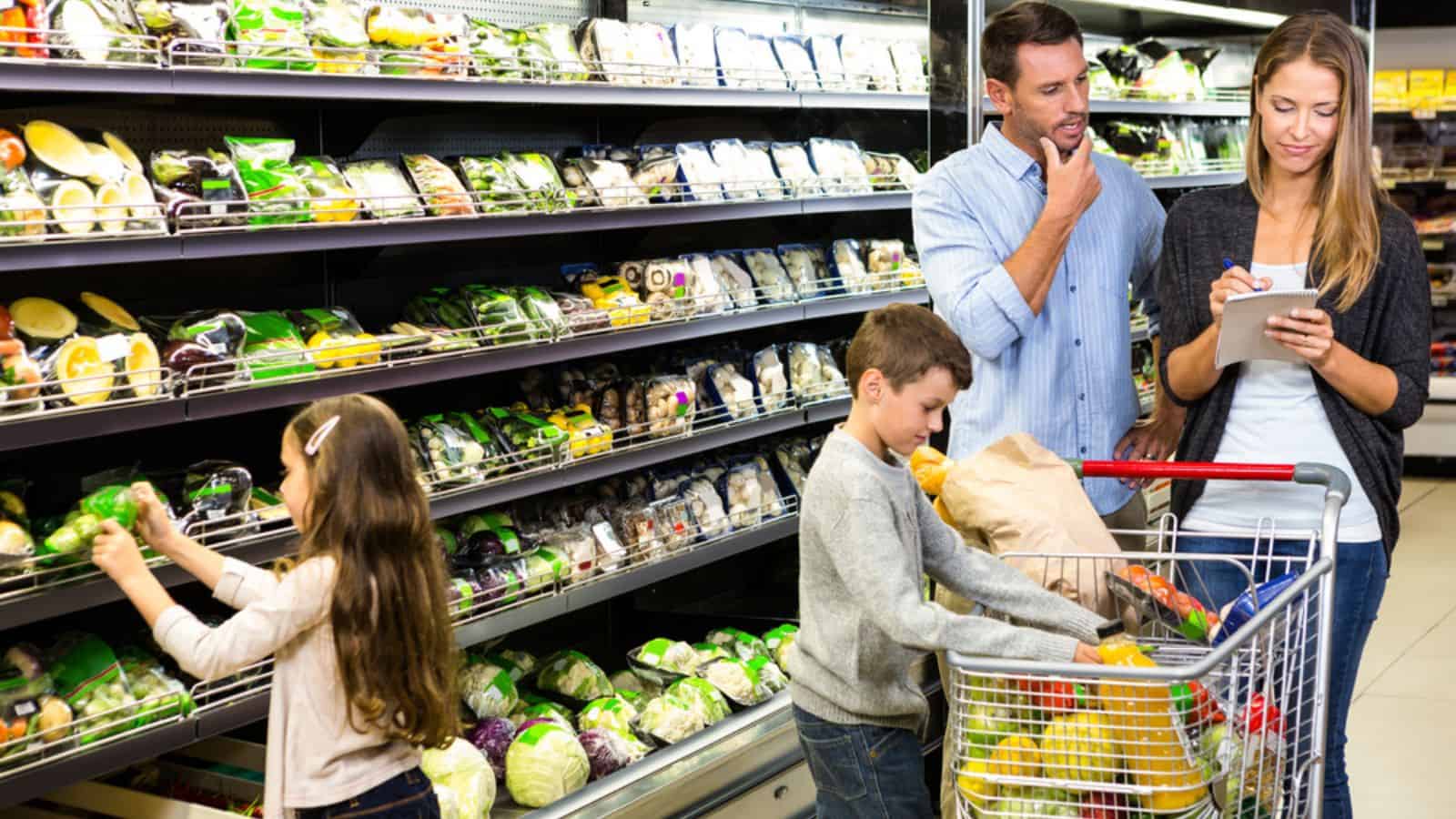
Tying into the previous point, purchasing whole grains, beans, and legumes in bulk can lead to significant savings. Bulk items often have lower prices, especially if you purchase large quantities at once. Buying in bulk ensures you have staple ingredients on hand, and if you strategically purchase items that do not spoil quickly (ie. whole foods), you can save yourself from multiple trips to the groceries for the same items.
Reduced Food Waste

Sustainable eating practices emphasize minimizing food waste, which can significantly drain household budgets. Smith-Bernal says, “By planning meals, using leftovers, and purchasing only what you need, you can avoid throwing away perfectly good food.” You can also reduce food waste by using vegetable scraps for broths and repurposing leftovers into new meals.
Seasonal And Local Sourcing
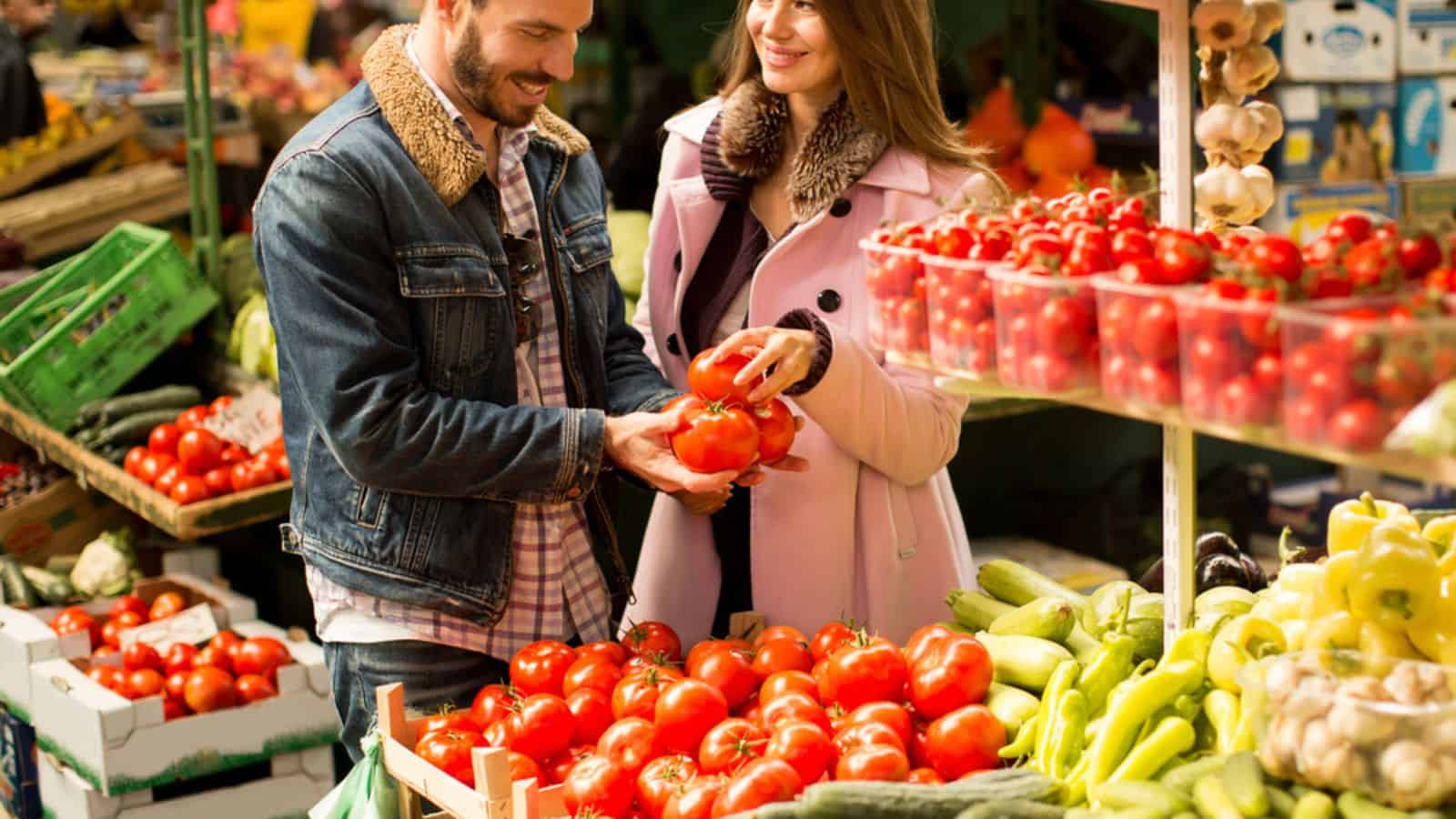
Buying locally sourced, in-season produce can be more cost-effective than purchasing imported or out-of-season items. “This approach also supports local economies and reduces the environmental impact of long-distance transportation,” says Smith-Bernal. Additionally, seasonal produce is typically fresher and more flavorful, which can enhance your meals.
Home Gardening

Growing your own food can be a rewarding way to enjoy fresh produce. Even a small garden or container plants can yield a significant amount of vegetables and produce, which can help cut down on your grocery bills. Home gardening also provides the freshest possible ingredients at your fingertips, and you have complete control over the use of pesticides and fertilizers used. While there is an initial investment in setting up a garden, the long-term savings can be substantial, especially if you save seeds from your produce to use the following season.
Decreased Healthcare Costs
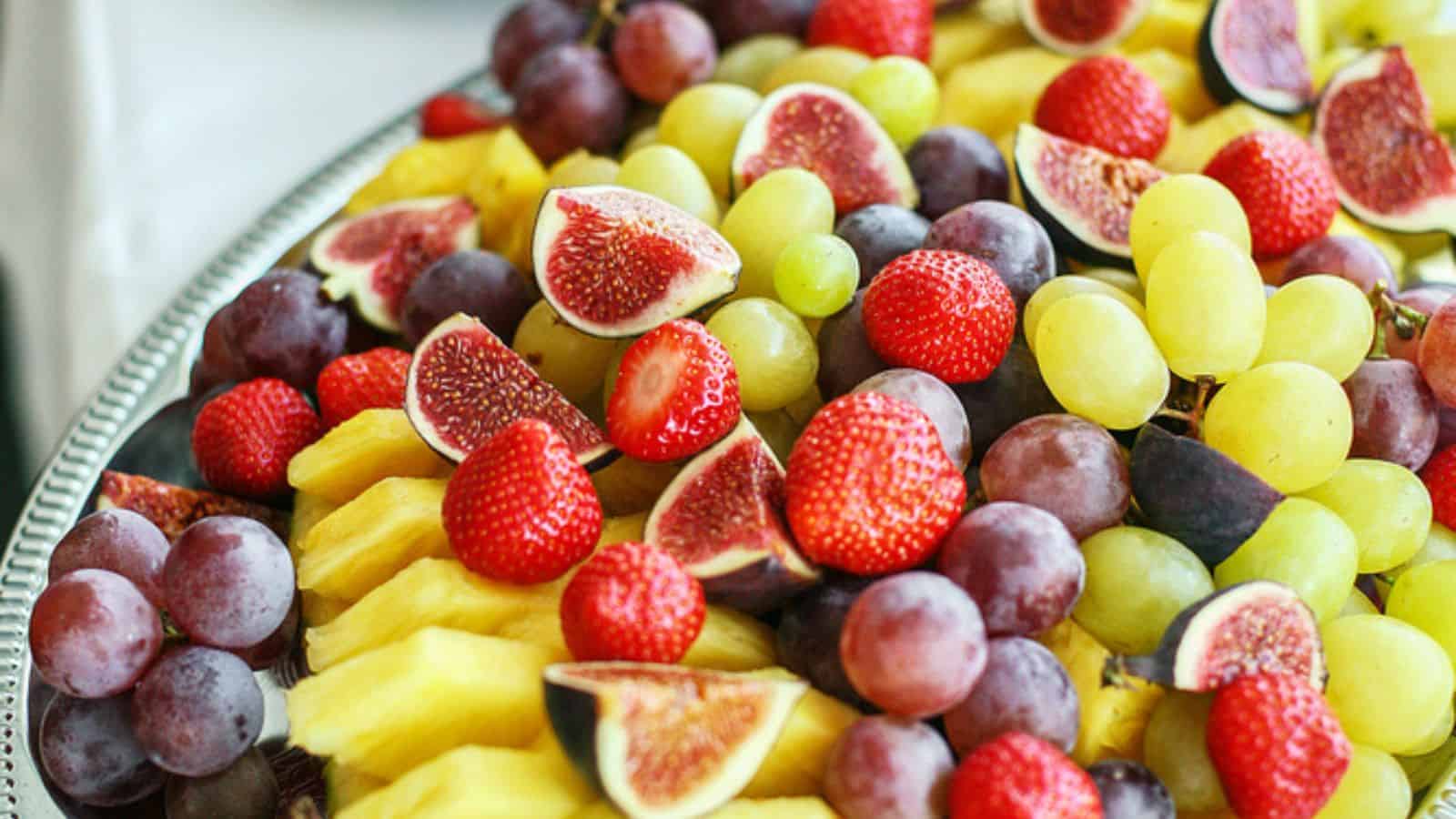
According to Smith-Bernal, sustainable eating habits are often associated with improved health outcomes, such as reduced risk of chronic diseases like obesity, heart disease, and diabetes. For example, Diets high in fruits, vegetables, whole grains, nuts, and seeds have been linked to a lower risk of chronic diseases such as heart disease, diabetes, and certain cancers. By maintaining a healthier lifestyle, you can potentially lower your healthcare expenses over time.
Reduced Reliance On Processed Foods

Smith-Bernal says, “Sustainable eating emphasizes whole, minimally processed foods, which can be less expensive than highly processed, convenience-oriented options. As the research shows, sustainable eating is a win-win for both your wallet, your health and the environment.” Processed foods typically have a higher price tag due to the labor, packaging, and marketing involved. By focusing on minimally processed foods, you’re not only making a healthier choice but also a more budget-friendly one.
Community Supported Agriculture (CSA)

Participating in a Community Supported Agriculture (CSA) program can offer fresh produce at lower prices than what you might find at retail grocery stores. By purchasing a share of a local farm’s harvest, you receive a regular supply of seasonal produce. This direct-to-consumer model reduces the cost of transportation and marketing, typically resulting in savings for both the farmer and the consumer. Additionally, CSAs often introduce you to new produce varieties and encourage a more varied diet.
Reduced Packaging
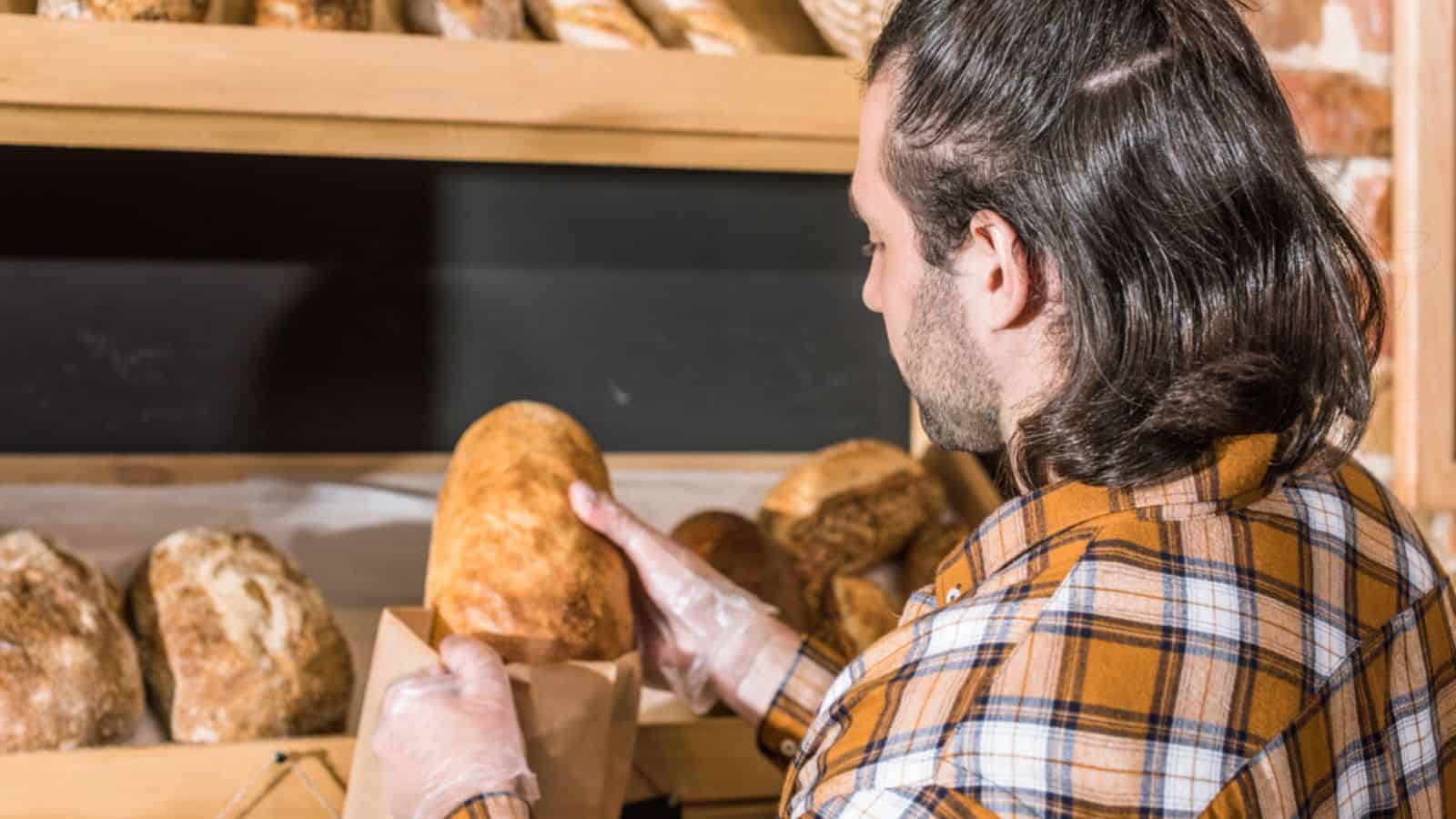
Buying less packaged goods cuts down on the costs associated with packaging. Packaged goods often come with a higher price tag due to the materials and design involved in making them shelf-stable and visually appealing. By choosing unpackaged or minimally packaged items, you’re not paying extra for the packaging, you’re not harming your health from unnecessary preservatives, and you’re also reducing your environmental impact by generating less waste. Shopping at farmers’ markets, bulk bins, and bringing your own containers are all ways to purchase foods with minimal to no packaging.
Less Dependence on Price Fluctuations

Eating sustainably can minimize dependence on foods with volatile prices, such as certain meat and dairy products, whose costs can fluctuate due to environmental factors and global market changes. By focusing on locally sourced and in-season foods, you can avoid the premium prices charged for out-of-season or imported items. This approach not only supports local economies but also provides a buffer against the unpredictability of global food prices, leading to more consistent and manageable food costs.
Long-Term Savings

Sustainable eating habits can lead to long-term savings by fostering a more mindful approach to consumption. When you prioritize sustainability, you’re likely to plan meals more carefully, purchase only what you need, and reduce impulse buys, minimizing food waste and lowering grocery bills over time. Additionally, investing in quality, sustainable food products often means that they last longer and provide more meals, contributing to cost savings in the long run.
Preserving Food
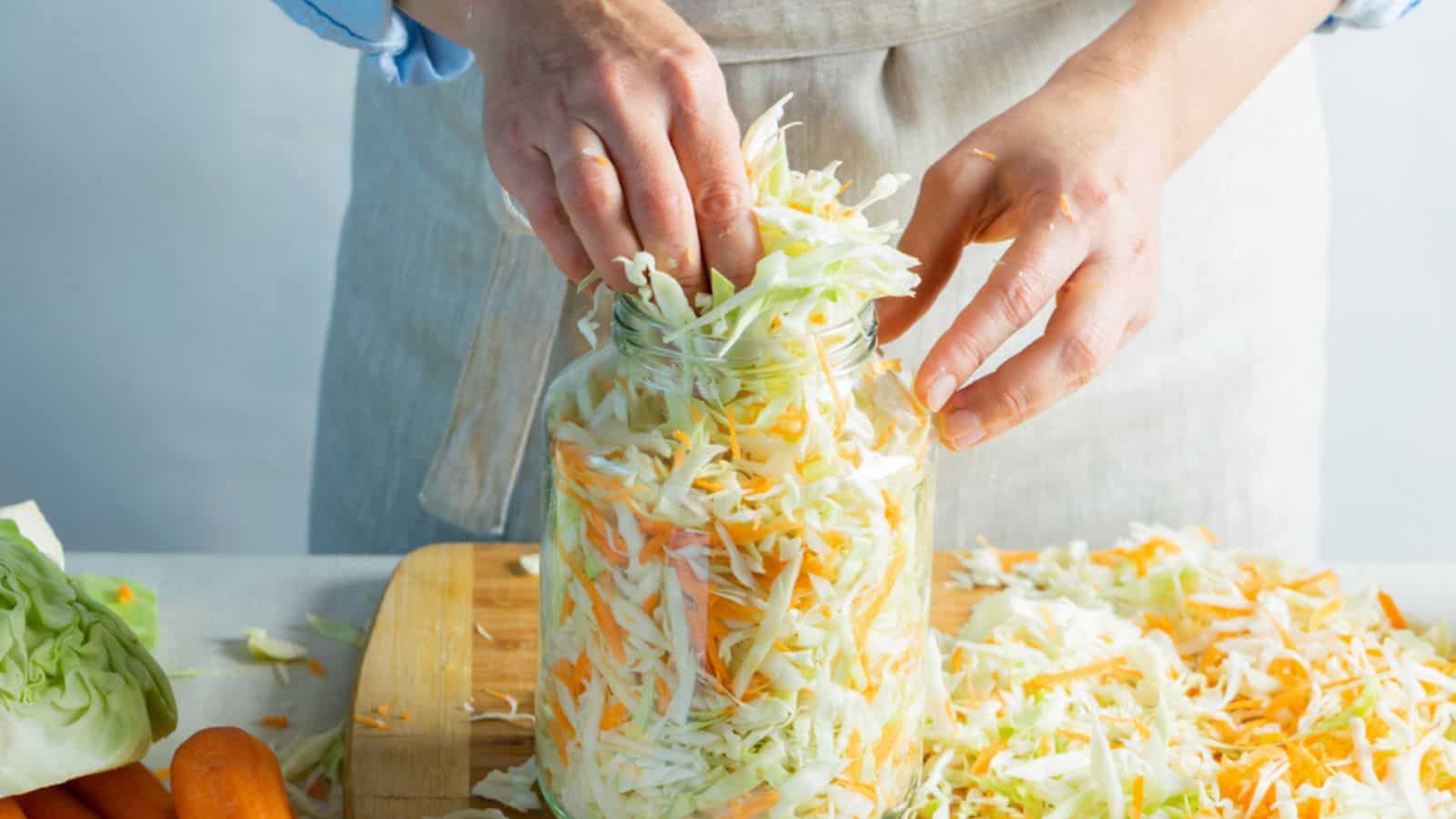
Canning, drying, and fermenting seasonal produce can save money by extending the shelf life of foods when they are abundant and less expensive. Preserving food allows you to enjoy seasonal flavors year-round and reduces the need to buy out-of-season produce at a premium. This also minimizes food waste, as you can preserve large quantities of produce that might otherwise spoil. The initial investment in equipment for preserving food can be offset by the savings from having a supply of preserved goods, which also serves as a backup during times when fresh produce is less available or more costly.
Co-Op Shopping

Member-owned food co-ops often offer better prices on sustainable products. These cooperatives are focused on providing high-quality, locally-sourced, and often organic products at fair prices. By pooling resources and buying in bulk, co-ops are able to negotiate better prices with suppliers, and members can benefit from lower prices.
Reduced Transportation Costs

Eating locally reduces the need for long-distance food transportation, which can lower costs. Locally sourced food doesn’t have to travel far, which means less fuel and fewer transportation costs are factored into the price. This not only results in fresher, more affordable food but also reduces the carbon footprint associated with shipping food across long distances. By supporting local farmers and producers, you’re contributing to a more sustainable food system and keeping your money within the local economy.
Ditch the Junk: 17 Super Easy Real Food Swaps To Replace Ultra-Processed Foods

In today’s fast-paced world, ultra-processed foods have become a staple in many diets, offering convenience at the expense of nutritional quality. These foods are often high in added sugars, unhealthy fats, and artificial ingredients while lacking essential nutrients. However, with a bit of creativity and some simple swaps, it’s possible to enjoy delicious and nutritious alternatives that are closer to their natural state. Here are 17 simple and satisfying real food substitutes for some of the most common ultra-processed foods.
Ditch the Junk: 17 Super Easy Real Food Swaps To Replace Ultra-Processed Foods
Eat Without Guilt: 19 Benefits Of Eating Fermented Foods

Fermented foods have been part of human culture and diet for millennia, extending shelf life for perishable ingredients but also a host of health benefits. From the tangy zest of sauerkraut to the creamy texture of yogurt, these foods are as diverse in flavor as they are in their health advantages. Here are 19 benefits of eating fermented foods that will make you want to go out and buy fermented foods today.






